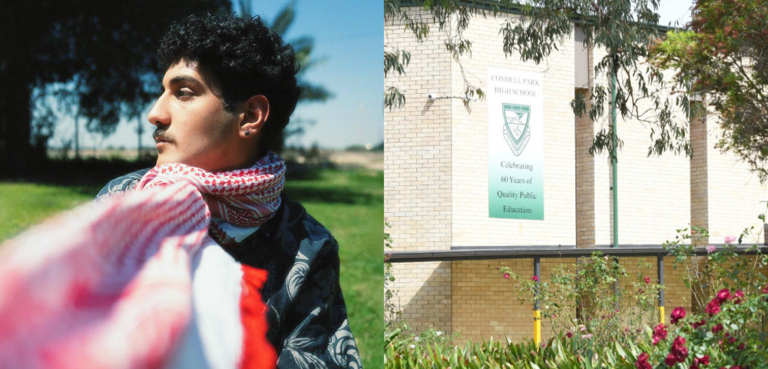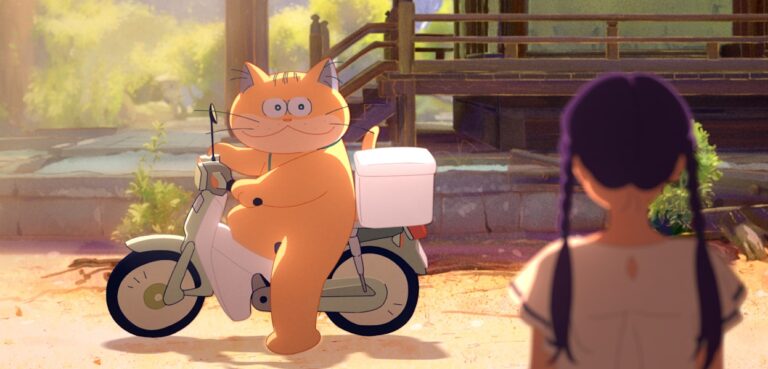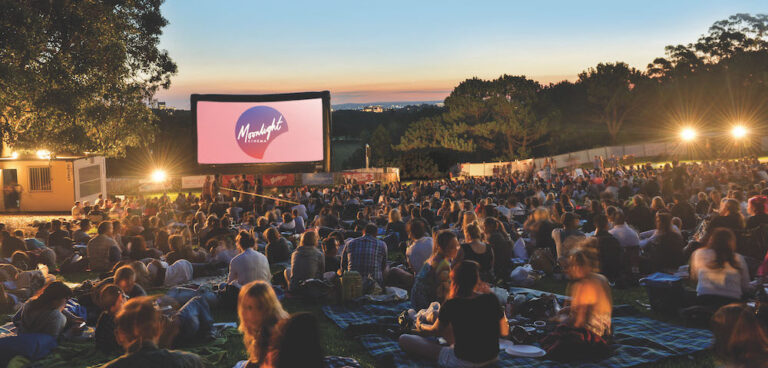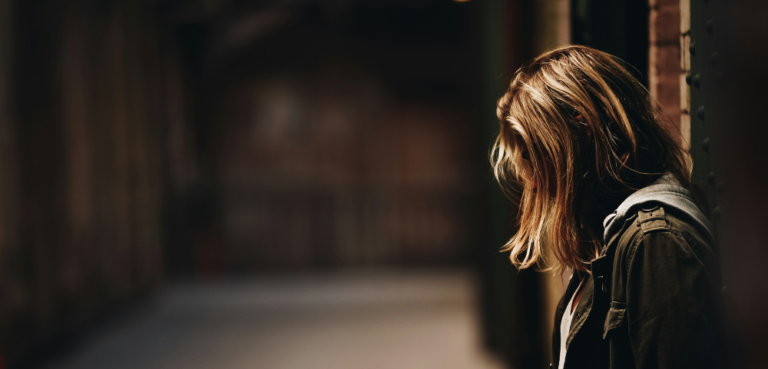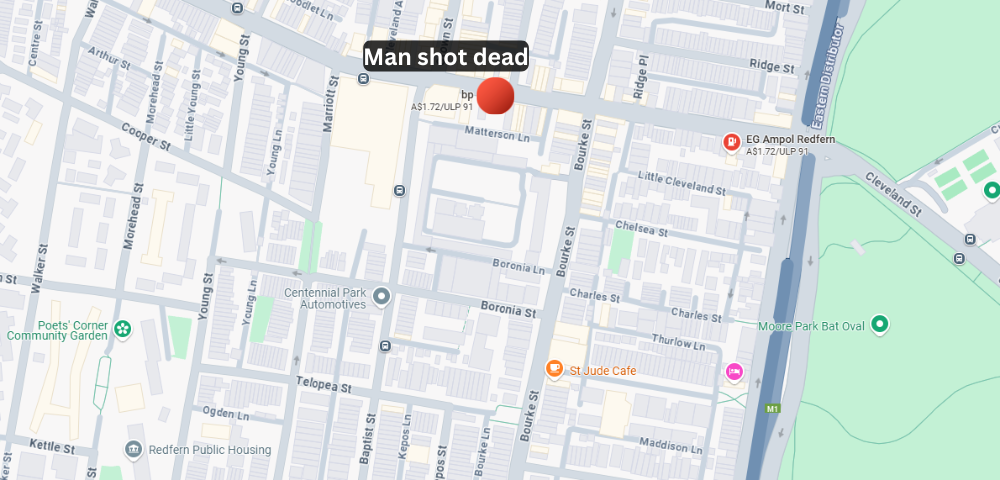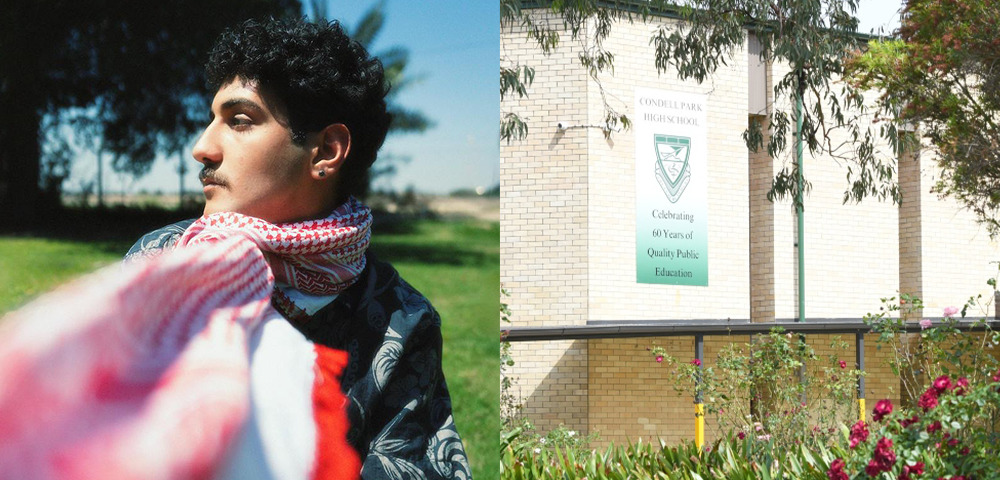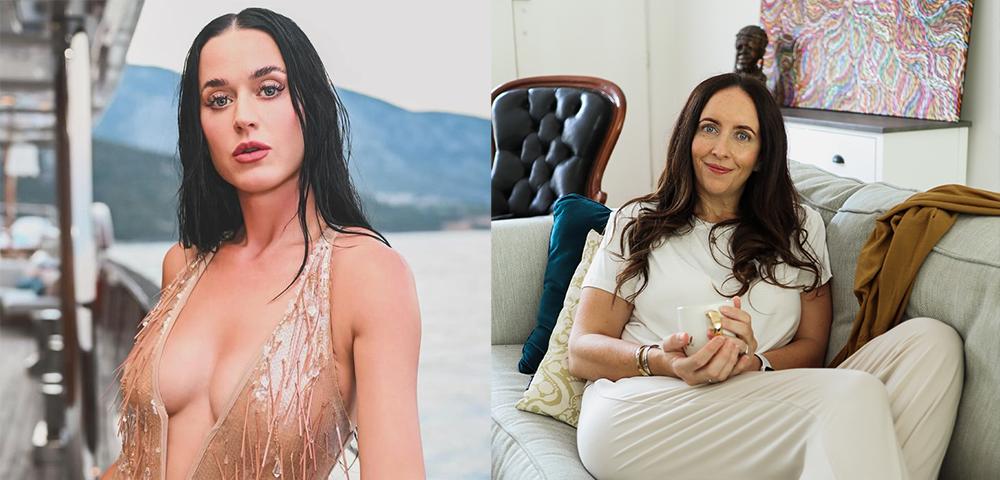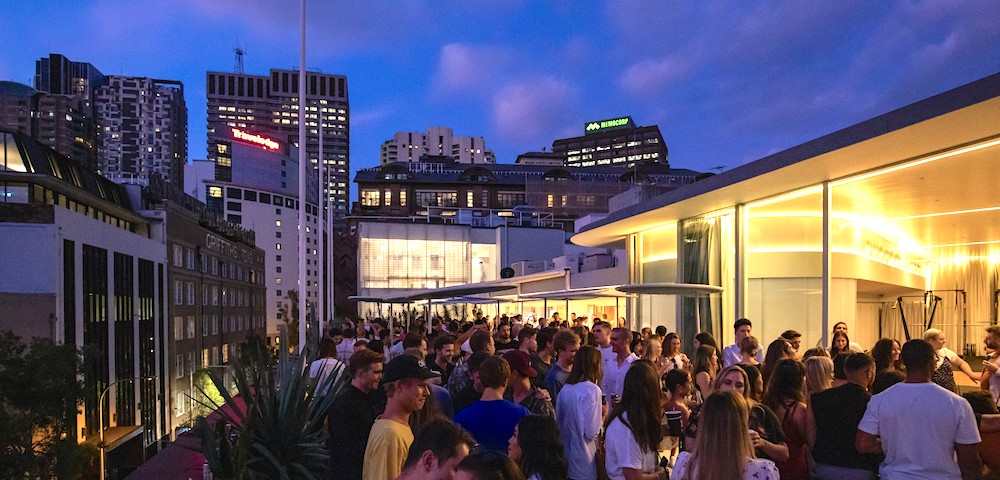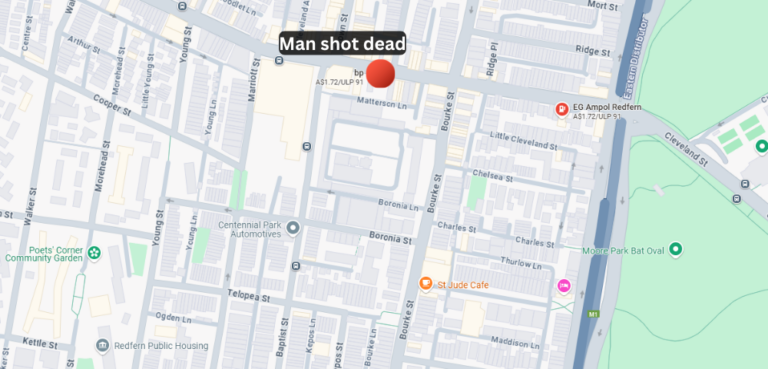
A taste of Rio
Darling Harbour will come alive this weekend with an energetic celebration of Brazilian culture, as part of the Sydney capoeira community’s annual ‘Batizado’.
The Batizado, or Baptism, will bring together experts, masters and students from around the world in the rhythmic Brazilian art of capoeira for a carnival of colour and movement celebrating this unique art form.
Julio Chaves, Director of the International College of Capoeira in Darlinghurst, describes capoeira as “an art form involving music and singing, dance-like movements, acrobatics, and elements of martial arts.”
“We call this event a baptism because the students are graded and can move up to a new colour belt – it’s like they’re ‘baptised’ into the new level,” Chaves said.
The Batizado, which started in late March, has run over two intensive weeks of workshops and grading sessions in Darlinghurst and Bondi Beach, culminating in this weekend’s festivities at the Harbourside Amphitheatre at Darling Harbour.
Capoeira mestres and instructors from across South America, the US and Asia have congregated in Sydney to share their collective knowledge and expertise in this growing art form.
Instructor Chaves said the weekend will be an extravaganza of Brazilian-style celebrations, featuring not only capoeira displays but also Latin dance, music and song.
“Brazilian culture is the soul of capoeira. Everyone sings in Portuguese. You can’t change it, it’s the traditional way,” Chaves said describing the importance of Brazilian music and rhythm in capoeira, irrespective of the players’ nationality.
Born in Brazil, but raised predominantly in Byron Bay before moving to Sydney ten years ago, Chaves has been studying capoeira for 12 years and is now instructor.
All students of capoeira get a Portuguese-language nickname. In Chaves’ case, his sparring name is ‘Fominha’, meaning ‘hunger’.
Chaves’ International College of Capoeira, a registered training organisation where students can gain industry-accredited certification in sports instruction, had its first year of operation last year from Wentworth Street in Darlinghurst.
“We have students from all over the world who do it as part of their sports education, but we also have students who just come in and do it for fun,” Chaves said.
“Anyone can play capoeira – it’s not just about acrobatics. It’s about enjoying it, feeling it, getting into the music, creating what we call a music dialogue. There’s no ideal age to start. We have students who start at 45,” he said.
by Tamara Smallhorn
